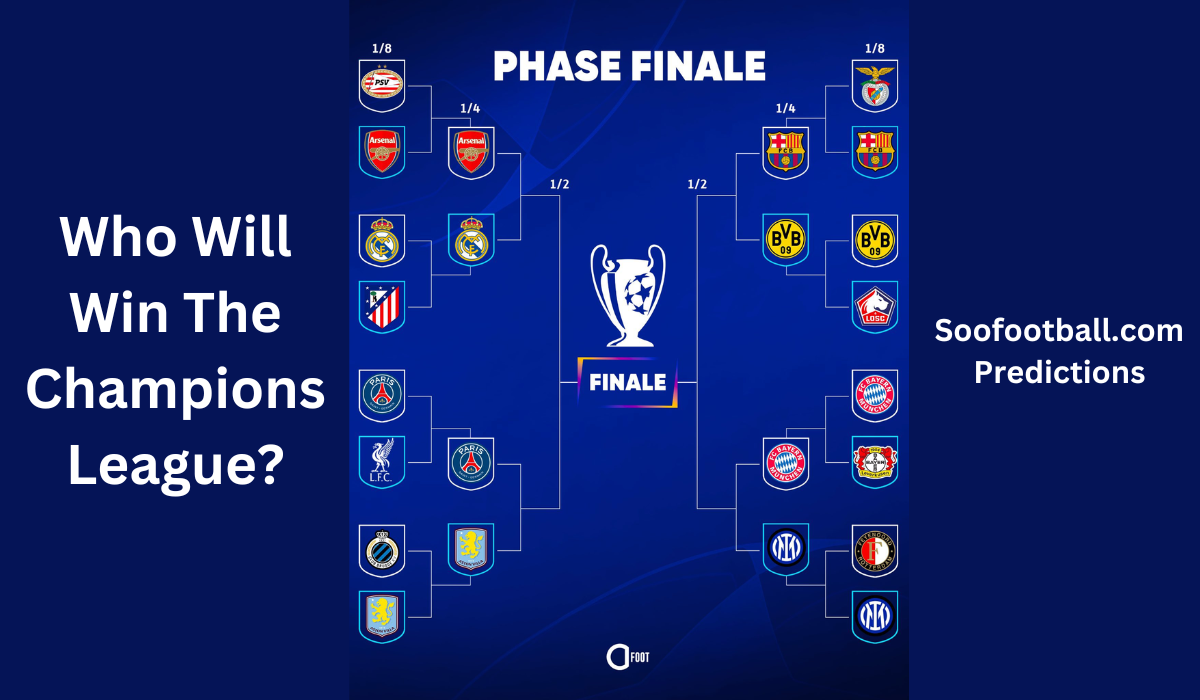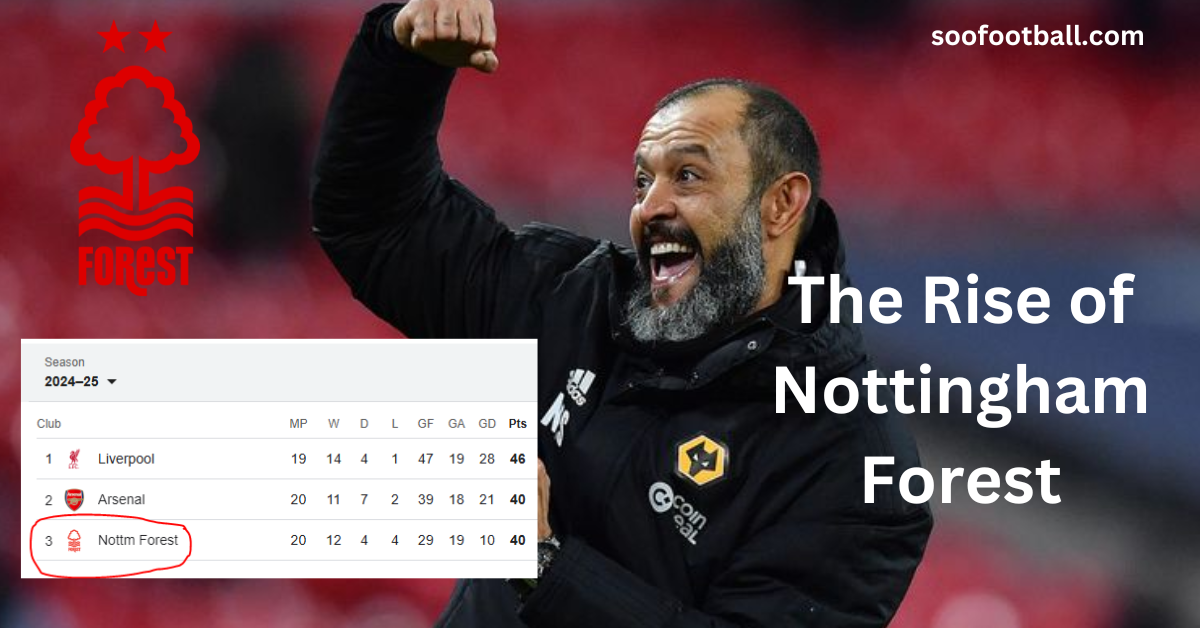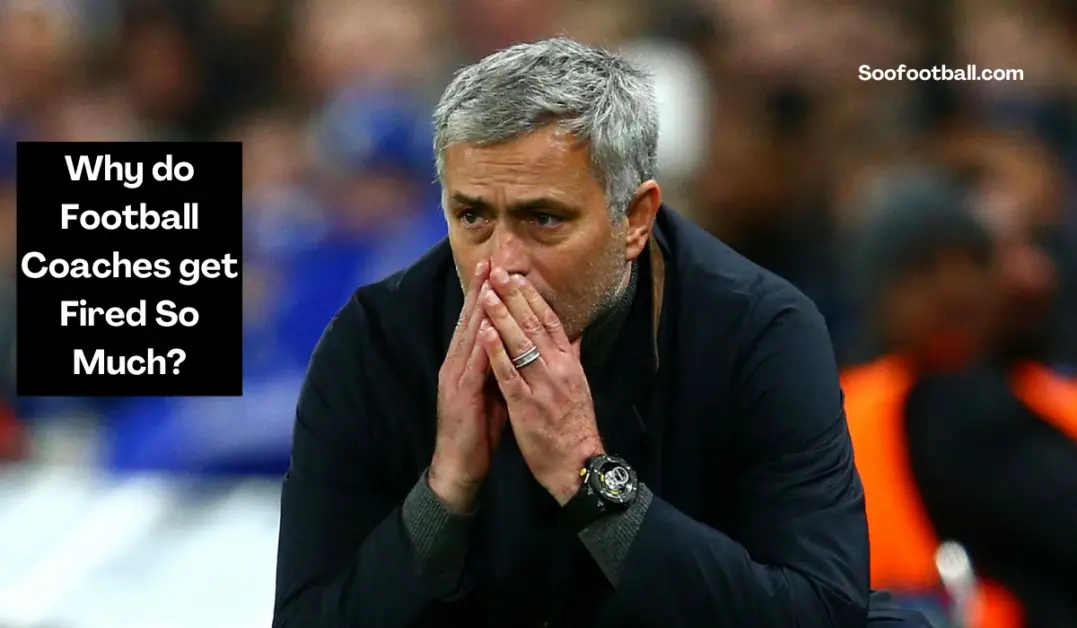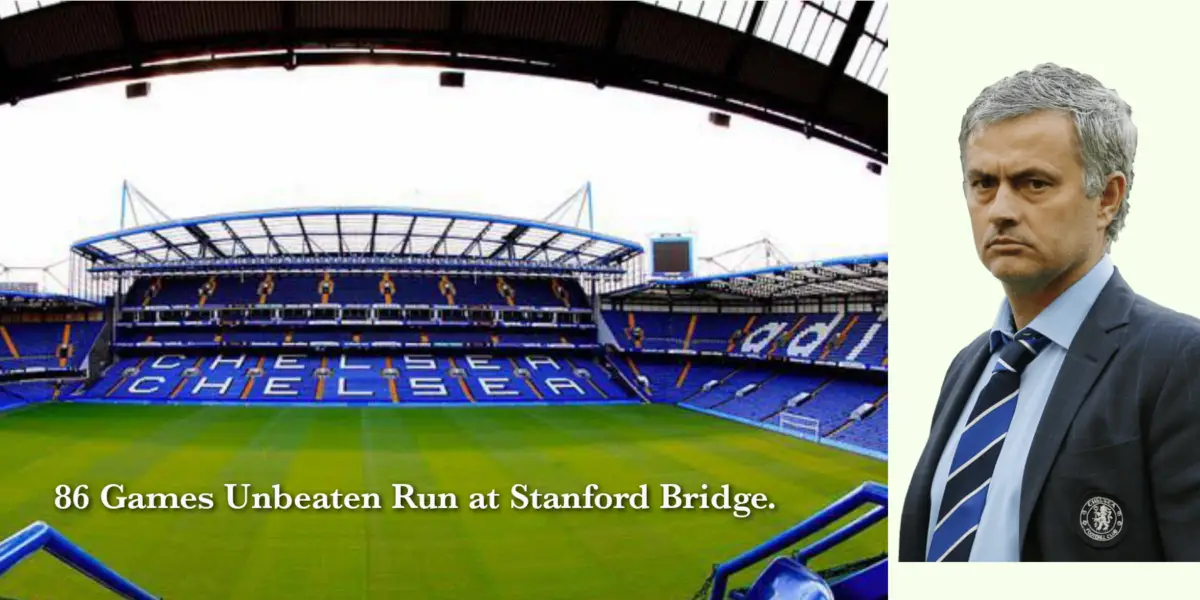Jose Mourinho just got fired again. This time by AS Roma, after leading the club to a Europa Conference League victory and a Europa League final. All while having a win ratio of 1.61 points per game in the Serie A. The lowest the club has recorded in 39 years.
But we are not here to discuss Jose and his recent sack, we are here to discuss why football managers get fired a lot. I am sure some of us have pondered this before. You look around the top five leagues in Europe and you see a lot of hiring and firing, and the question is why?
Well, let us look at plausible reasons why football coaches get fired so much.
Read Also: Hiring & Firing Managers Should Stop
Clubs are companies too
Before we get into the reasons, I need to open your third eye a bit. And I will do that by reminding you that football clubs are organizations or companies as well.
We often get carried away by the fact that these are sporting institutions with a lot of emotional goodwill behind them and we lose sight of the hard fact. These clubs are run similarly to the everyday companies where you work.
And just as your companies have various managers handling various arms of the company, the same thing goes with football clubs. The football coach is just one of the many managers within the club.
That being said, we also have to understand what a manager is. A manager is someone put in place to get the best out of the resources he has been handed.
For instance, the IT manager in your company has been handed several IT professionals. His job is to get the best out of these professionals to achieve the goals the company has given to him.
In the same vein football coaches have been given a set of resources (the players), and he has to get the best out of them. Doesn’t matter if they don’t like each other, they don’t fit or are under-skilled, his job is to ensure that the job is done regardless.
Now that’s out of the way, the question persists, why do football coaches get fired a lot? Managers in other institutions don’t get fired with the same frequency as football coaches. And we all know that they do not always reach the set goal at the end of the year. Let’s get into why that’s the case with football coaches.
Read Other Interesting Articles
- Champions League Final 2025 Prediction: PSG vs Inter Milan Tactical and Statistical Analysis

- The Stats Behind the Greatest International Goal Scorers

- Who Will Win The 2024/25 Champions League Trophy? [Predictions + Analysis]

- The Rise of Nottingham Forest: From Underdogs to Premier League Title Contenders

Public Facing Role
We underestimate how difficult it is to have such a public-facing role. Unlike most other managing roles, football managers are in the direct line of fire of the fans and media. The club owner can be setting the club on fire, but the coach is the one we see, so he is the one who gets the blame.
If your iPhone has an issue with its operating system, you can only complain to the customer service guy and rant about it on the internet. Normally, the blame should go to the product manager whose team designed the faulty operating system. But you don’t have access to that person.
However, football fans have access to the managers. We know their faces, their full names, their annual remuneration, and whatnot. These reasons make it easy to point fingers at them and make them the face of the problems.
Expensive Investments
In the case of the product manager in charge when your iPhone malfunctions, Apple is probably paying him twice the salary of the entire product team put together. Why? Because he is a manager. Apple can easily replace every coder, or engineer in his team in the blink of an eye because their pay is almost insignificant.
This is not the case with football coaches. The highest-paid coach in the world at the moment is Diego Simeone at Atletico Madrid. He earns £37m annually. Now, Kylian Mbappe, who earns less than Cristiano Ronaldo, Neymar, and Karim Benzema, earns £62m annually. That’s double what Simeone earns. Pep Guardiola earns £28m annually at Manchester City.
These numbers tell you who the club values more. The club would not lose sleep over a manager who probably earns less than the top-earning footballers at the club. The resale value of these players is worth more than the payoff given to the coaches when they are fired.
For this reason, when a manager starts to lose his touch, it is sadly easy to let him go and hire a new one to pacify their stars.
Reactionary
The football community is very reactionary. If Microsoft realizes that they are losing sight of their year-end goal, their first thought wouldn’t be firing all the managers at fault. It would be to double down and see how close they can get to that goal and then see who is underperforming and whether or not he needs to go.
Doesn’t work like that in football. A team losing sight of the top four positions would easily decide on firing their current manager in December and getting a new one to chase that top four spot. To the board, this is better than letting that season go and rebuilding in the next season.
To be fair on these clubs, the financial value of finishing fifth and fourth is sometimes the difference between being able to buy new players for the new season or not being able to do so.
These reactionary decisions are also the results of fan pressure. Once fans turn on a manager, they can make the atmosphere toxic on matchdays, booing the players and sometimes refusing to buy tickets to come to watch the games. This puts the board under pressure and leads to the sacking of the hapless manager.
Conclusion
With all of these, you can see why football coaches get fired so much. However, I do think the hiring and firing thing would be reduced in the coming years. This is because of a shortage of good managers. Imagine a club like Manchester United firing Erik Ten Hag.
Where do they go from there? So, it is very plausible that we see more and more clubs stick to their managers in trying times or not. As Diego Simeone once said, “Time is the greatest architect of our reality”.





